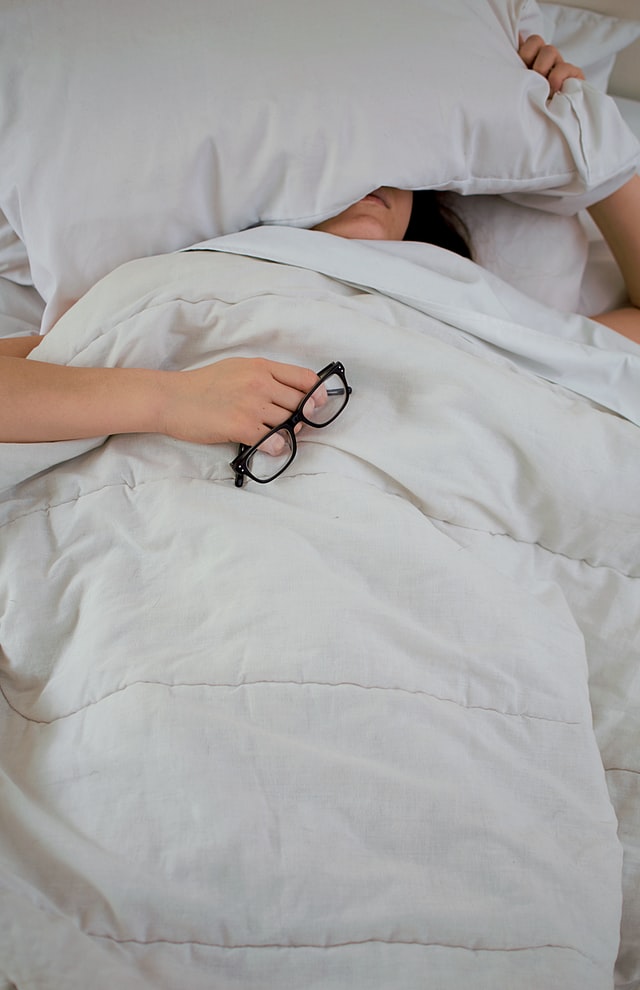We all love to sleep. On average, people should sleep eight hours a day to feel refreshed and rejuvenated for the next day. However, many can’t seem to get eight hours as some have trouble falling asleep or they still feel tired even after eight hours. This can be for an assortment of reasons and without proper sleep, people often feel tired, moody, and unproductive throughout the day. Here are some ways to improve your sleep:
Sleep and Wake Consistently
Did you know that you can still have the proper amount of sleep and still be sleeping incorrectly? Having an inconsistent sleep schedule can throw your sleep cycle off and cause an eight-hour night of sleep to feel like a six-hour night, making you feel like you need to take a nap later in the day. Going to sleep and waking up at similar times each day can prevent this and make it so that you feel more well rested.
Reduce Screen Usage Before Bed
Blue light is the light emitted from devices such as smartphones and computers. Exposing yourself to this blue light reduces the production of the hormone melatonin, a chemical in the brain which aids in falling asleep. To fix this, reduce the amount of screen time before bed, or if screens need to be viewed late, install a blue light filter or wear specialized glasses that can block exposure.
Lower caffeine and Sugar Intake
Consuming drinks high in sugar or caffeine can cause the body to become energized which makes it difficult to fall asleep. Drinks containing high amounts include coffee, energy drinks, and certain types of tea. Switching to decaf at night or substituting sugary drinks for water or other products containing low sugar can help speed up falling asleep.
Dr. Barbara R. Edwards, Princeton Internist, practices at Penn Medicine Princeton Health in the Penn Medicine Princeton Medical Center. She is also the Academic Director for the Ambulatory Residency Program at Penn Medicine Princeton Health.


